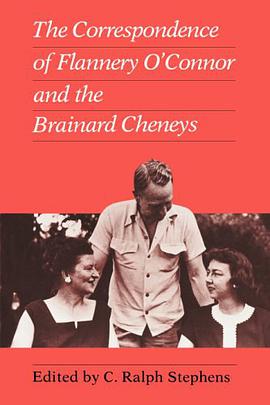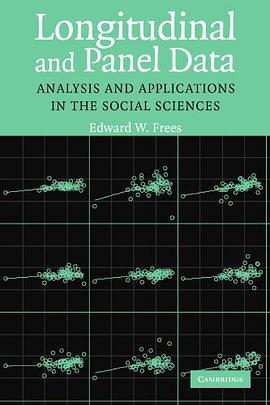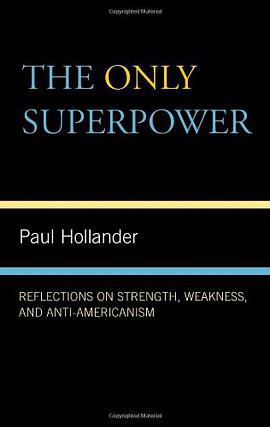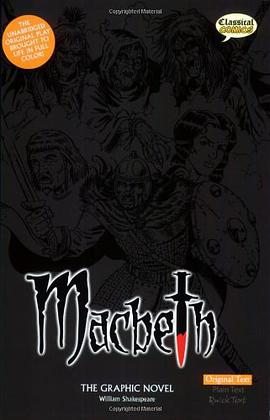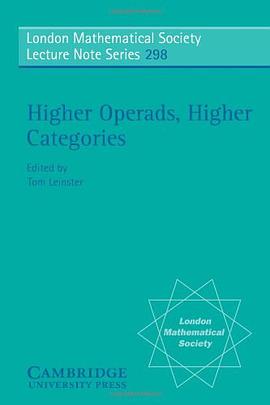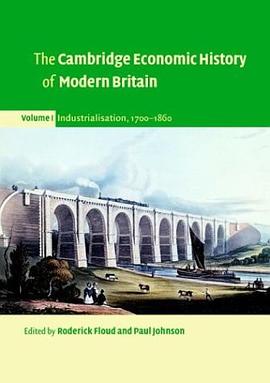

From December 1915 until the armistice of November 1918, Sir Douglas Haig was commander-in-chief of the largest army his country had ever put into the field. He has been portrayed as both an incompetent 'butcher and bungler' and a clear-sighted, imperturbable 'architect of victory'. However, in this magisterial 2008 account, J. P. Harris dispels such stereotypes. A dedicated military professional, Haig nevertheless found it difficult to adjust to the unprecedented conditions of the Western Front. His capacity to 'read' battles and broader strategic situations often proved poor and he bears much responsibility for British losses 1915-17 that were excessive in relation to the results achieved. By late 1917 his own faith in ultimate victory had become so badly shaken that he advocated a compromise peace. However, after surviving the German spring offensives of 1918, he played a vital role in the campaign that finally broke the German army.
具体描述
读后感
评分
评分
评分
评分
用户评价
相关图书
本站所有内容均为互联网搜索引擎提供的公开搜索信息,本站不存储任何数据与内容,任何内容与数据均与本站无关,如有需要请联系相关搜索引擎包括但不限于百度,google,bing,sogou 等
© 2025 book.wenda123.org All Rights Reserved. 图书目录大全 版权所有




